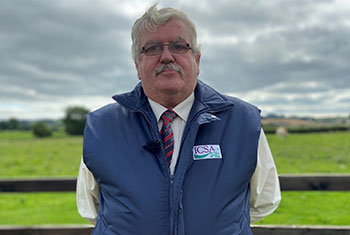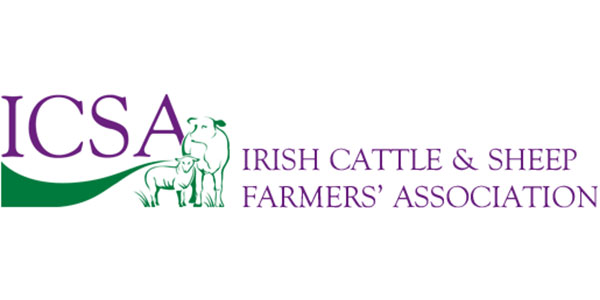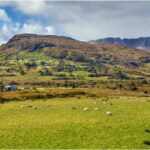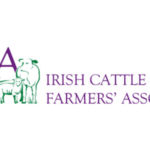9 JUNE 2021
ICSA president Dermot Kelleher has said family sized cattle, sheep or tillage farms who are desperately dependent on CAP supports must be protected as CAP negotiations continue. “Payments must be funnelled towards cattle, sheep, and tillage farmers – most of whom are not viable – otherwise, we are sending the signal that everybody who wants to farm must farm dairy,” he said.
Mr Kelleher was speaking at today’s (9 June) virtual sitting of the Oireachtas Joint Committee on Agriculture, Food, and the Marine.
“The reality is that the CAP budget is being steadily eroded by inflation and that farmers are being asked to do more and more with less and less. However, if the EU wants a greener CAP, then it must reward the farmer who is less intensive and wants to participate in a worthwhile agri-environment scheme. To this end, ICSA has proposed that a scheme should have the potential to pay up to €15,000.”
On convergence Mr Kelleher said, “It looks like the final outcome will be that the lowest payment will have to reach 85% of the average by 2026, which is a noble aspiration, except for the fact that it takes from already strapped suckler, sheep and beef farmers. The solution to this proposed by the Commissioner for Agriculture is the CRISS. ICSA favours insulating smaller and medium sized farmers from convergence cuts and we would like to see a system that allocates more support for the first 40 hectares.
However, the CRISS is insufficient, and it is not funded. Instead, it takes a linear cut from all farmers which is robbing Peter to pay Paul. Department of Agriculture modelling suggests that if you cut all farmers by €54 million you can give an extra €20/ hectare on the first 30 hectares. This will not make any worthwhile difference.”
Mr Kelleher questioned the fairness of very profitable dairy farms that are less dependent on CAP subsidies getting more than suckler or sheep farmers on a per hectare basis. “According to the 2019 Teagasc National Farm Survey, the average payment from Pillar 1 on a dairy farm was €280/ha. A suckler farm got €243. A beef farm got €299. A sheep farm got €245. A tillage farm got €322/ha.”
“ICSA is clear that payments should be capped at €60,000. We believe that suckler, sheep, beef and tillage farmers should not be cut per hectare and that they should be supported much more through payments linked to their enterprise and also through agri-environment schemes that are targeted at them.”
But he said we also must be realistic and say that the CAP budget is totally inadequate to achieve this, and it is therefore vital that:
- The state fully fulfils its obligations to co-finance the rural development programme.
- That the programme for government commitment to €1.5 billion in carbon taxes is delivered and is additional to the co-financing required for the rural development programme.
- That every possible euro under the Covid and Brexit funds is delivered and targeted at beef and sheep farmers in particular.
- That the CAP is no longer used to deliver six-figure sums to factory owned feedlots.
“In terms of the EU negotiations, we think there is still scope to look for some extra money for farmers from the NGEU funds and the Brexit fund. We also think that the message must be sent back to Brussels that asking farmers to do more and more on the green agenda for less and less money cannot be sustained.”
ENDS






